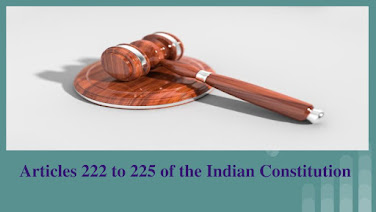Supreme Court Advocates for Childcare and Feeding Rooms in Public Spaces
.jpg)
Supreme Court Advocates for Childcare and Feeding Rooms in Public Spaces The Supreme Court of India has suggested that the Union Government develop a comprehensive policy addressing the construction of feeding rooms and childcare facilities in public places. This move aims to ensure that nursing mothers and their children can access basic amenities in a dignified and private manner, reinforcing their fundamental rights under the Indian Constitution. SC Encourages Policy Formulation A bench comprising Justice BV Nagarathna and Justice N Kotiswar Singh highlighted the absence of a structured framework to address this pressing issue. The court advised the Centre to propose a policy that could then be implemented across the states, scheduling the next hearing for December 10, 2024. The apex court emphasized that before issuing formal directions, it was crucial to understand the Centre’s perspective on implementing the petitioner’s demand for childcare and feedi...
.jpg)
.jpg)
.jpg)
.jpg)
.jpg)
.jpg)
.jpg)
.jpg)
.jpg)
.jpg)
.jpg)
.jpg)
.jpg)
.jpg)